Anders' Top 10 Films of 2021
1. Annette (dir. Leos Carax)
What a pleasure to encounter a film like Annette that—in this era dominated by intellectual property and a focus on topical, political subjects—still demonstrates a belief in the possibilities of the cinematic medium to express something other than pure “content.” I don’t mean to demean all of those other films, but to draw attention to the fact that most of what we watch today is consumed based on our understanding of whether it tells a nice story about characters we know and like, or contains the acceptable signifiers of contemporary political and social mores. In contrast, from its opening song— “So May We Start”— Annette declares an interest in the topic of artistic creation that goes beyond notions of “realism” and aims at the very question of what it means to be human.
Annette is a primal and emotional film and perhaps some may deride its story as “clichéd.” It is the story of the love between soprano opera star Ann Desfranoux (Marion Cotillard) and the avant-garde, stand-up comedian, Henry McHenry (Adam Driver). This pair of star-crossed lovers contend with the contrasting trajectories of their careers, and their very special child, the titular Baby Annette. Annette foregrounds the way that artists’ work is so often intertwined with their personal lives, asking hard questions about art, love, life, and death.
The film is visually breathtaking, with elaborate set design and intricate camera work. It is full of colour, but also infused with a chiaroscuro lighting that echoes its thematic exploration of darkness and light. It employs cinematic techniques such as super-imposition, and takes full advantage of film editing to cross-cut between sequences. Given that it is a musical, and one of its main characters is an opera star, it is natural for the viewer to make the comparison to opera. The German composer Richard Wagner described the totalizing potential of opera, what he called the “total artwork” or Gesamtkunstwerk, in its melding of theatre, music, visual design, and more, provided the ideal synthesis of the classical arts for the telling of the most fundamental stories and legends (credit for this comparison to Justin E. H. Smith’s fantastic essay on the film).
Cinema, in Carax’s implicit example of Annette, especially musical cinema (particularly when not specifically adapted from previously staged productions, but rather taking full advantage of the cinema’s unique powers as the “Seventh Art”), has the potential to do something very similar to what Wagner and others envisioned. Whether that vision works for you is something else entirely, but it’s clear that Carax is trying to use the full-range of cinematic possibilities I’ve alluded to, including camera work, sound and music (the music and story were composed by the avant-pop duo Ron and Russell Mael, better know as Sparks), acting and staging, and editing, to tell a story that is both profoundly personal and also universal.
It's a risky thing to do, and judging from the responses to the film it isn’t entirely clear that everyone gets what Carax is at least attempting to do. Perhaps some were expecting more of a “Sparks brothers’ musical,” though I was never really aware of their work so the fact that the music is more a libretto akin to a film like The Umbrellas of Cherbourg didn’t bother me. But to complain too much is to miss something about what Annette is about. Annette challenges the lines between performance and reality and delivers something truly unique.
2. West Side Story (dir. Steven Spielberg)
Another musical takes the second place in my remembrance of the year in cinema. When I heard that Steven Spielberg was finally tackling the musical genre with a remake and restaging of the classic musical West Side Story, my initial response was “why?” The original film is among my very favourites, one the greatest cinematic musicals of all time, and despite my love of Spielberg’s films, it seemed unnecessary.
But, never doubt the maestro. Spielberg’s West Side Story builds on the wonderful songbook by Stephen Sondheim and music by Leonard Bernstein and melds it with his fluid camera movement and some genuinely great performances while maintaining much of the flavour of Jerome Robbins’ dance choreography from the original. Spielberg’s version of the film sharpens the edges of the story, while offering some truly transcendent moments and other moments where you’re left stunned at how he pulled off a particular camera move or visual, as when the camera moves through and above crowds of dancers in the street. In particular, Spielberg makes the romance between Tony (Ansel Elgort) and Maria (Rachel Zegler) deeper and more compelling, as in the staging of “One Hand, One Heart” in a church, making it the emotional centre of the film. The film is an example of how pairing a great artist with great material is a winning formula, something not done enough in contemporary Hollywood. 2021’s West Side Story offers plenty of nods to the original (including a newly written part for the original film’s Anita, Rita Moreno) while remaining thoroughly a Spielberg film.
3. Licorice PIzza (dir. Paul Thomas Anderson)
Paul Thomas Anderson’s newest film is perhaps his most laid back and low stakes, but still bears many of his visual and thematic hallmarks. Following the interactions of Gary Valentine (Cooper Hoffman) and Alana Kane (Alana Haim) Licorice Pizza explores how these young people navigate exactly what they mean to each other and the mysterious charm and attraction each holds for the other. At moments comic and absurd, at others thoughtful and tender, Licorice Pizza is a moving portrait of youth and life in the 1970s. Anderson is so good at making you feel like you’re actually watching people from the time and not actors in costumes. The characters feel real, their world lived in. Nobody is too knowing; they’re too busy trying to live day-to-day, and figure out their place in the world. What Anderson, helping realize two stunningly charming performances by Hoffman—touchingly conjuring the memory of his father’s own collaborations with Anderson—and singer turned actor Haim, accomplishes is making a film that vibrates with life and deep affection for the world in all its brokenness and beauty.
4. The Beatles: Get Back (dir. Peter Jackson)
In a year in which long-form cinematic documentary was a significant genre, thanks in part to the affordances of streaming media, none was as wonderful and momentous as Peter Jackson’s assemblage from the hours of footage of the Beatles recording what would be their final album. The Beatles: Get Back does the extraordinary, which is to return some of the power and vitality to these musical icons we had too long taken for granted. Whether it’s getting to watch Paul McCartney pull the title song of the film seemingly out of the ether or hearing a secretly recording conversation between McCartney and Lennon, it is as close to being transported back and spending time with the band as we’re likely to ever get. Get Back is a film to live with and is likely to be one of the films on this list I will return to again and again.
5. Dune (dir. Denis Villeneuve)
The blockbuster of the year, Denis Villeneuve’s adaptation of the first part of Frank Herbert’s Dune shows that it is still possible to use modern cinematic magic to bring to life the stories and legends we have loved for a long time. Dune feels genuinely alien, engrossing, and overwhelming. Few films manage to capture the sense of the sublime the way this one does. Its sense of scale and portrayal of the sweep of time adds to its overwhelming nature. But it’s also hugely entertaining and thrilling. Its star-studded cast and stunning visual effects are great arguments for the vitality of the truly big screen (I was so glad I was able to see this in IMAX). Lastly, it is remarkably wonderful how the film manages to preserve so much of the eco-social resonance and philosophical strangeness of Herbert’s masterpiece of science fiction without sanding off their edges.
6. Can’t Get You Out of My Head: An Emotional History of the Modern World (dir. Adam Curtis)
Adam Curtis has the second long-form documentary on my list. Curtis is one of my favourite documentarians of all time. His explorations of political, social, and technological change over the 20th and 21st centuries through the footage of the BBC Archive and popular music are masterpieces of media collage. Few filmmakers have Curtis’s ability to find just the right juxtaposition of story or image and sound. Like many other of Curtis’s documentaries, Can't Get You Out of My Head manages to shape the underlying fabric of history into compelling narratives that make you feel like you’re truly understanding something new. Whatever one’s position on the conclusions Curtis comes to, learning about the people and events in these films who played such fascinating roles in the emergence of the world we live in today makes for incredibly compelling cinema. Can’t Get You Out of My Head lives up to its subtitle, providing the feeling of how we got to where we are today.
7. The Tragedy of Macbeth (dir. Joel Coen)
Working as a solo director without his brother, Joel Coen’s restaging and filming of William Shakespeare’s “Scottish Play” does something similar to what I’m arguing many of the other films on this list do remind us of the vitality and possibility of a genre of film that simply isn’t made as often any more (perhaps the meta-theme of this year’s Top 10 for me). The Shakespeare film has already been updated and played with in recent decades, but what Joel Coen does is return power to the words themselves. Having such wonderful performers as his wife and creative partner Frances McDormand as Lady Macbeth, and Denzel Washington as Macbeth himself, means that just listening to these actors recite the Bard’s words is a pleasure. Coen gets actors who really do a great job with the language, from the supporting cast (shout out to Stephen Root as the Porter) to the leads. Visually, the performances are supported by excellent staging—Macbeth’s fight scenes are top notch, lending potency to Macbeth’s belief in the prophecy—and truly inspired choices—it’s been noted many times, but Kathryn Hunter’s performances as the Witches is thrillingly creepy. The film’s high resolution black and white cinematography and eerie production design are transporting. This is one of the very best Shakespeare films in recent decades.
8. The Card Counter (dir. Paul Schrader)
Following up his 2017 film First Reformed, Paul Schrader’s The Card Counter continues his long exploration of men dealing with their sense of guilt in the face of a brutal and uncaring world. The Card Counter shares something then with Schrader’s earlier films, but continues the stripped down Bressonian (yes, it’s an overused comparison, but accurate) tone from his prior film. Oscar Isaac gives a powerful performance as Bill Tell, a man who carries the weight of what he did in the name of his country with him from casino to casino, trying to eke out a living. Having spent time in prison, the casino offers the same institutional blankness and impersonal emptiness as the prison, and so Bill finds it comforting. But the film is ultimately about how relationships with other humans force Bill to decide if he can find penance through revisiting the pain of the past. At times a harrowing watch, especially in its flashback sequences to the Abu Ghraib prison in Iraq, The Card Counter continues Schrader’s late period renaissance that began with First Reformed.
9. The Power of the Dog (dir. Jane Campion)
We talked about it in our roundtable, but Jane Campion’s take on the Western, The Power of the Dog, goes beyond its seeming deconstruction or revisionism, but uses the latent psychological and elemental aspects of the genre to tell the story of a family, and in particular the cantankerous and antisocial Phil Burbank played by Benedict Cumberbatch. Phil looms large over the film, and it is one of Cumberbatch’s finest performances. When Phil’s brother, George (Jesse Plemmons) marries a widow, Rose (Kirsten Dunst), with a withdrawn and odd son, Peter (Kodi Smit-McPhee), the balance of their frontier manor is upset. Campion’s film is beautiful, filled with great performances, and delves into some of the underlying themes of the genre, such as “freedom” and rejection of civilization but filtered through psycho-sexual, noirish elements. Combine it with a great score from Jonny Greenwood, and you’ve got one of the best prestige pics of the year.
10. Drive My Car (dir. Ryusuke Hamaguchi)
This quiet, moving adaptation of Haruki Murakami was a very pleasant surprise and a reminder that thoughtful stories for grown-ups still exist and of the continued vitality of non-English cinemas around the world. Drive My Car manages to capture a lot of the voice of Murakami, in particular the idea of the ultimate impossibility of knowing another person completely and the power of art to give structure and meaning to life. Framed around the staging of a multi-lingual performance of Chekov’s Uncle Vanya, a widowed director engages in a series of confessional conversations with the driver he’s been assigned during the performance. This is a patient film, with long stretches of silence and back and forth conversations, but it’s never boring and slowly reveals layer after layer. A rare cinematic treat.
Another 5
The Green Knight (dir. David Lowry)
JFK Revisited: Through the Looking Glass (dir. Oliver Stone)
Luca (dir. Enrico Casaroca)
Pig (dir. Michael Sarnoski)
Zack Snyder’s Justice League (dir. Zack Snyder)
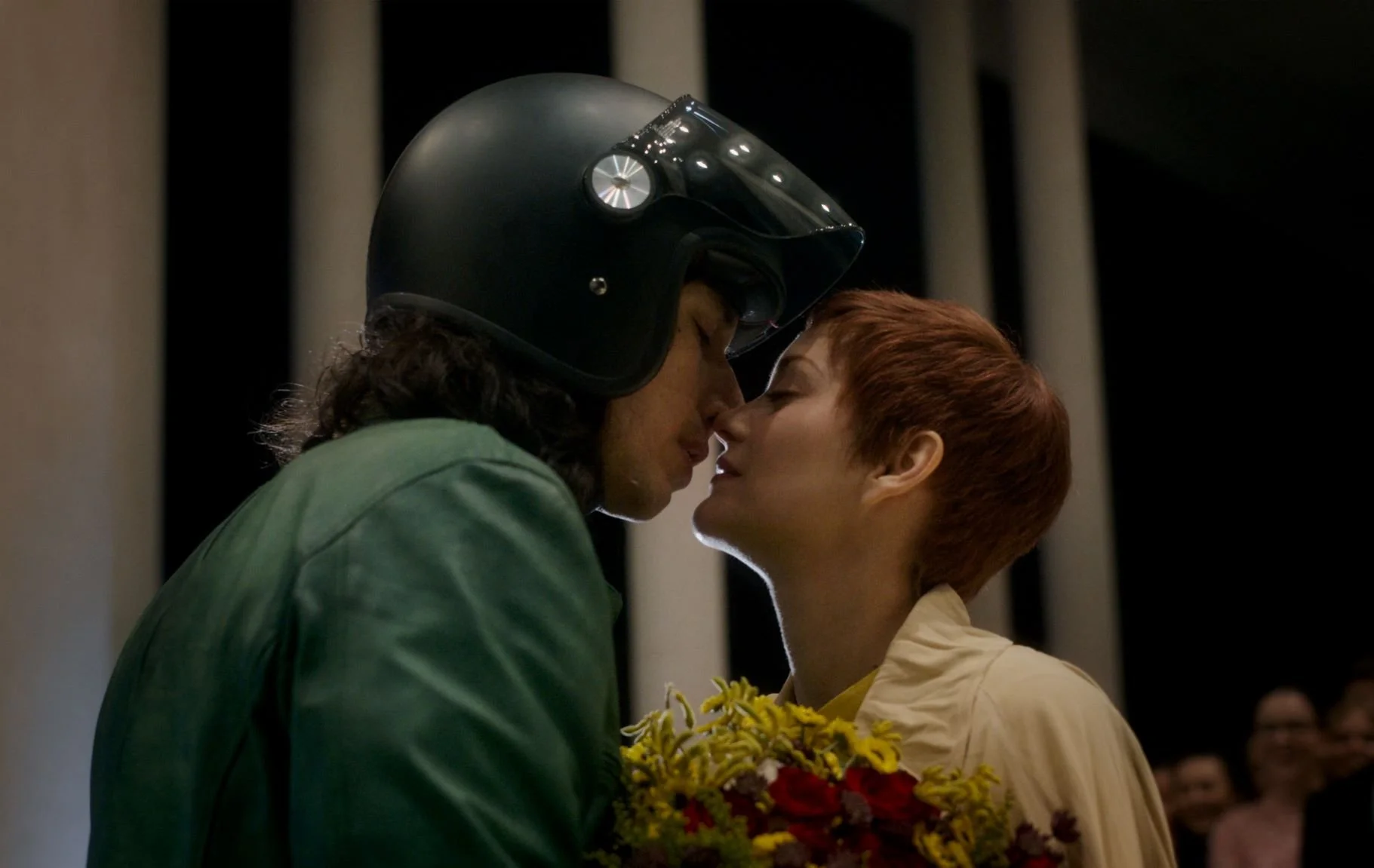

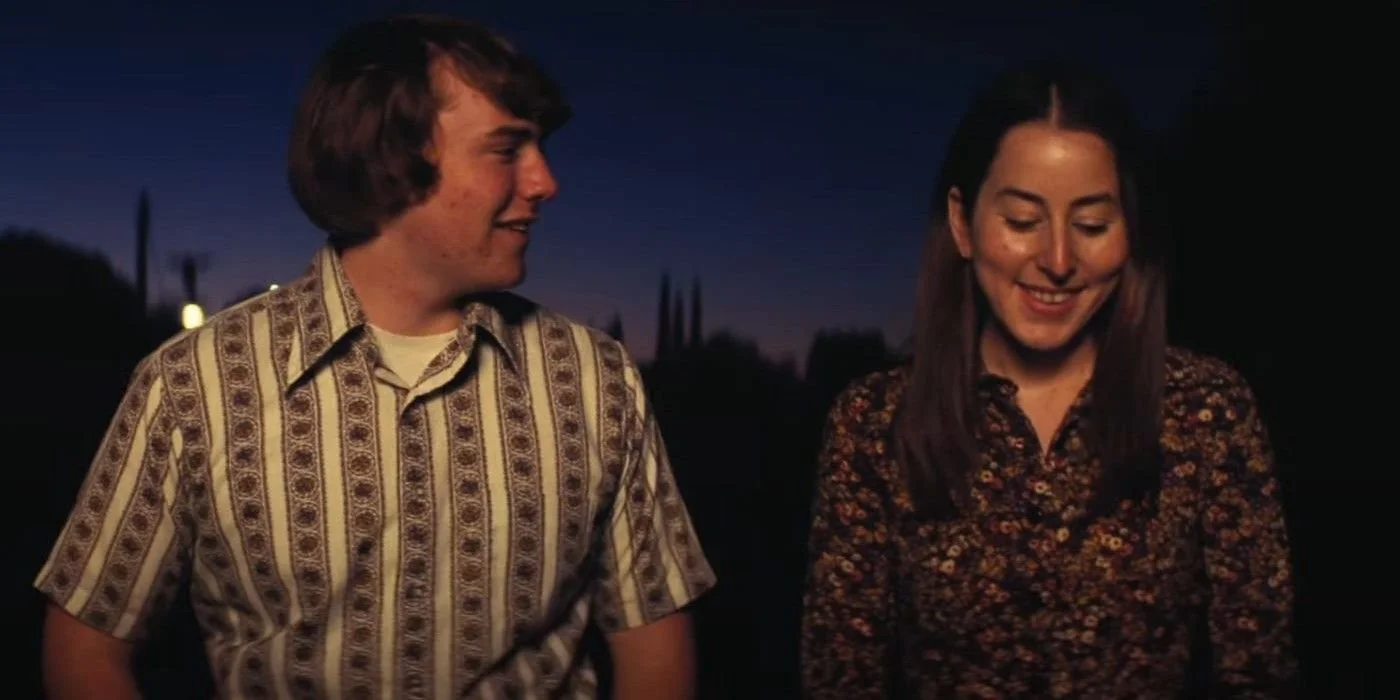
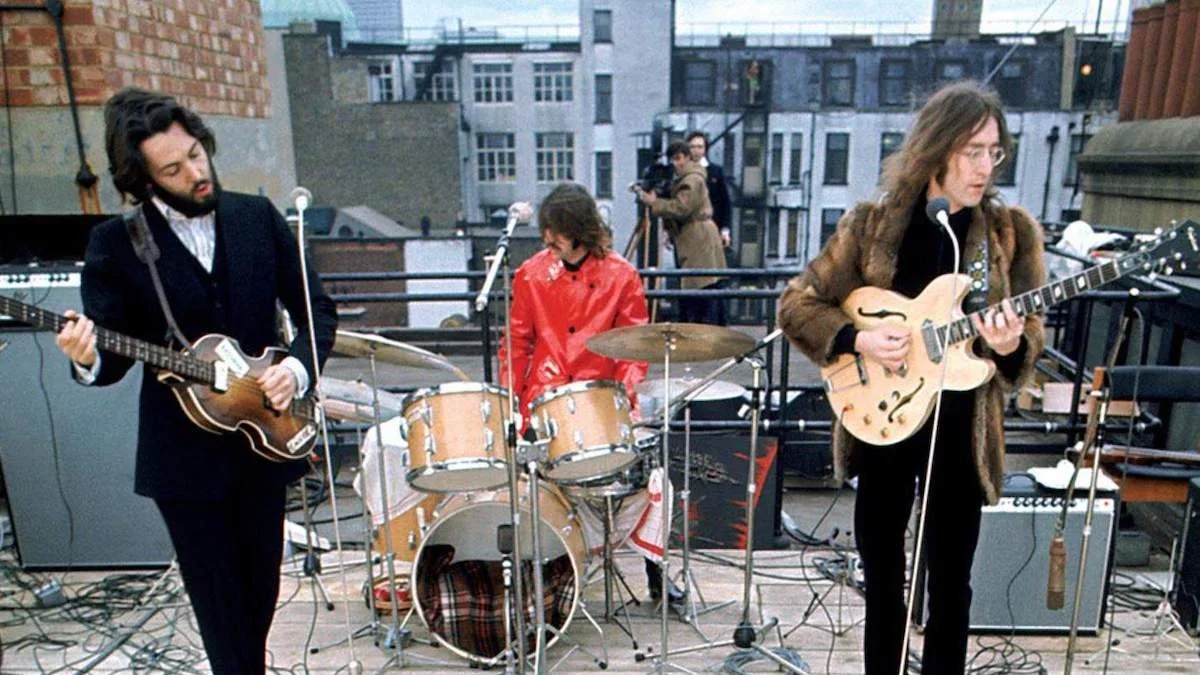
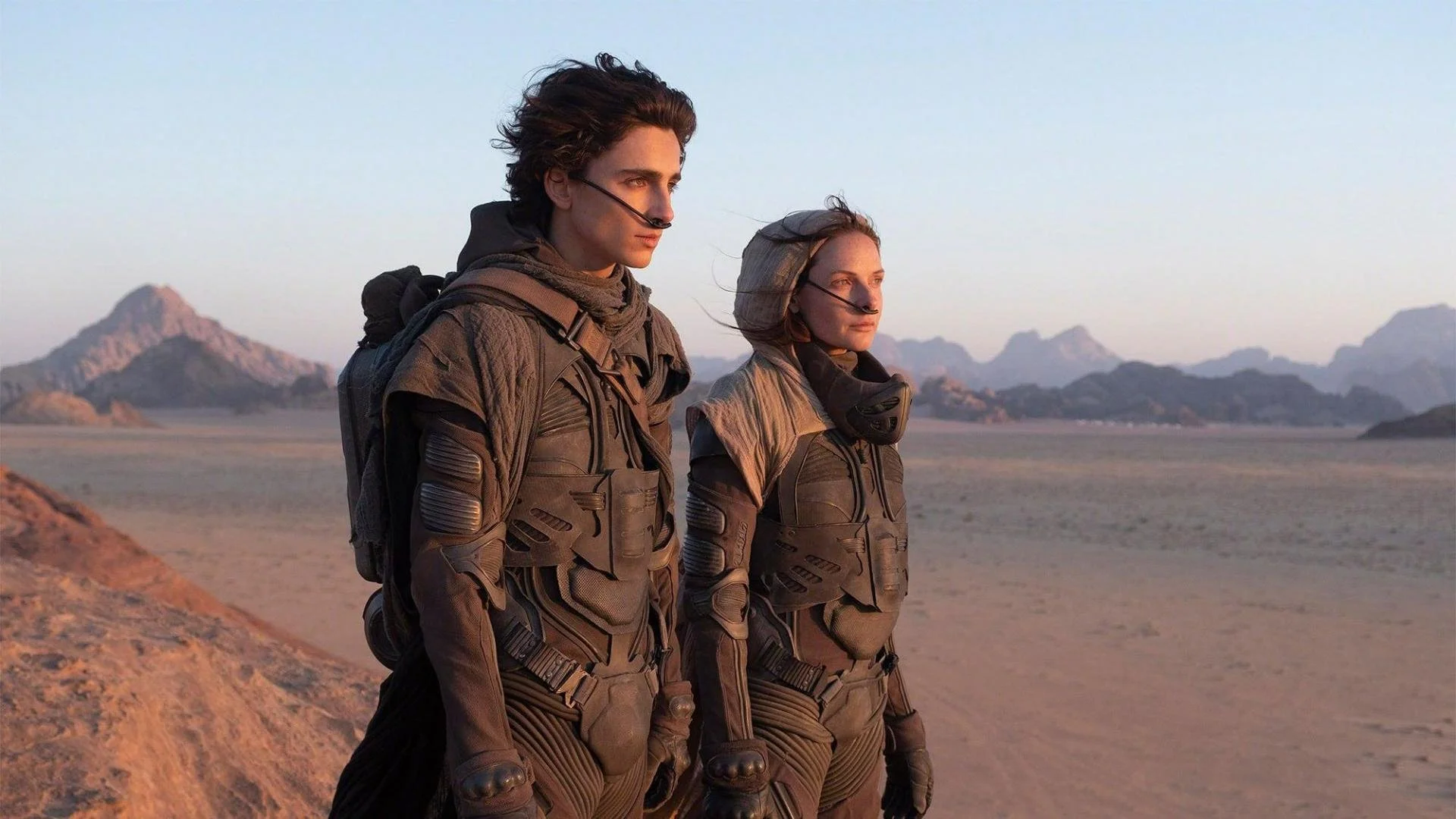
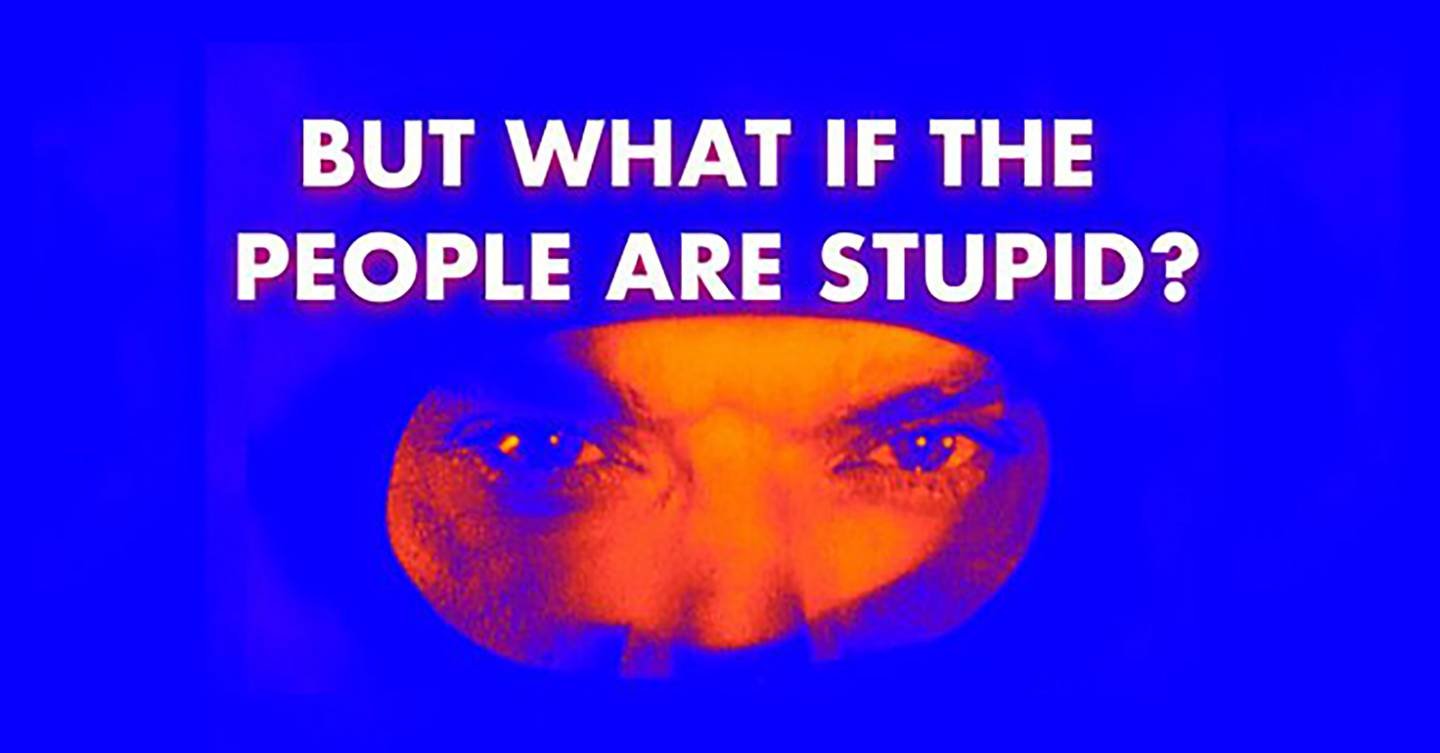
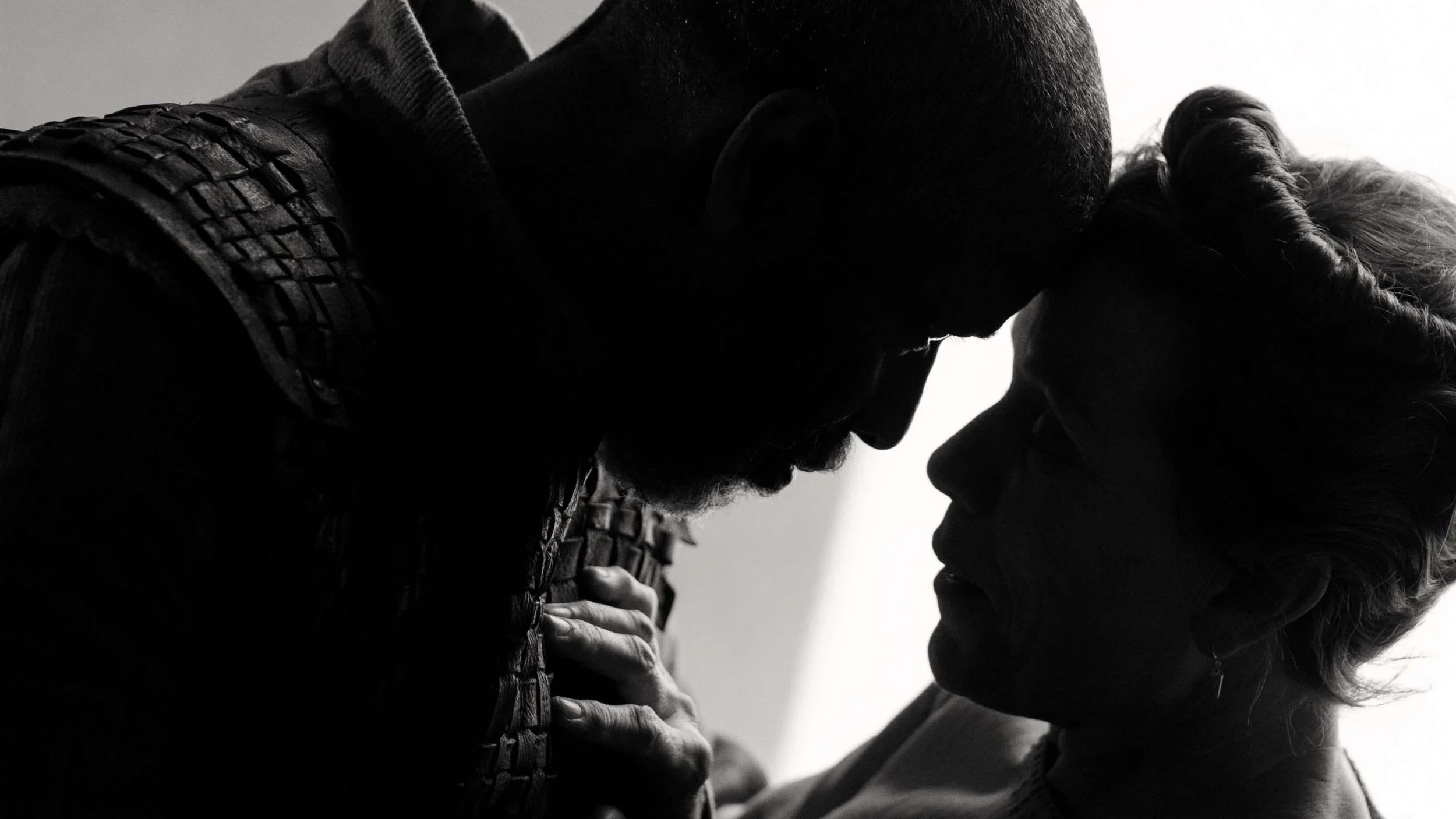
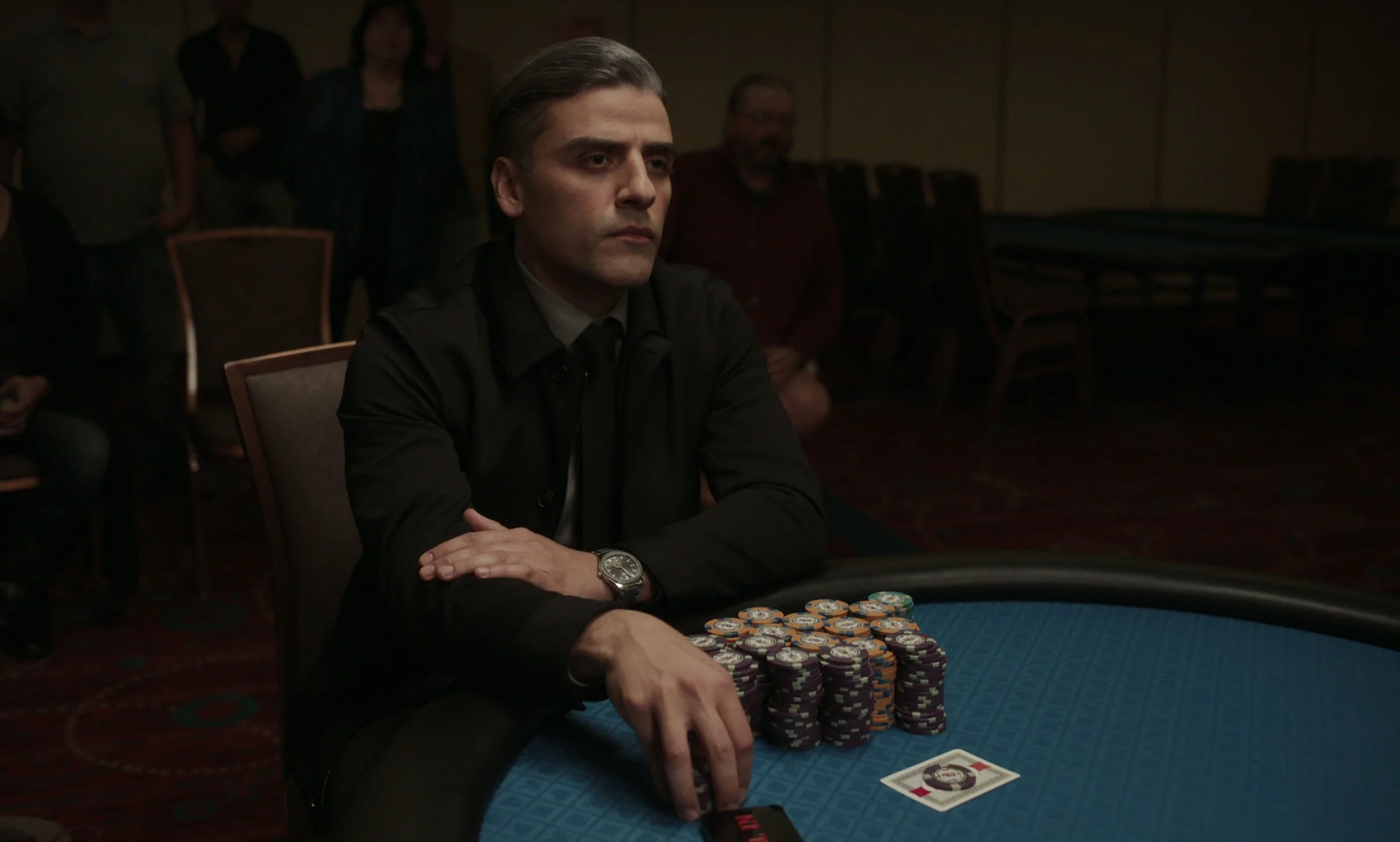
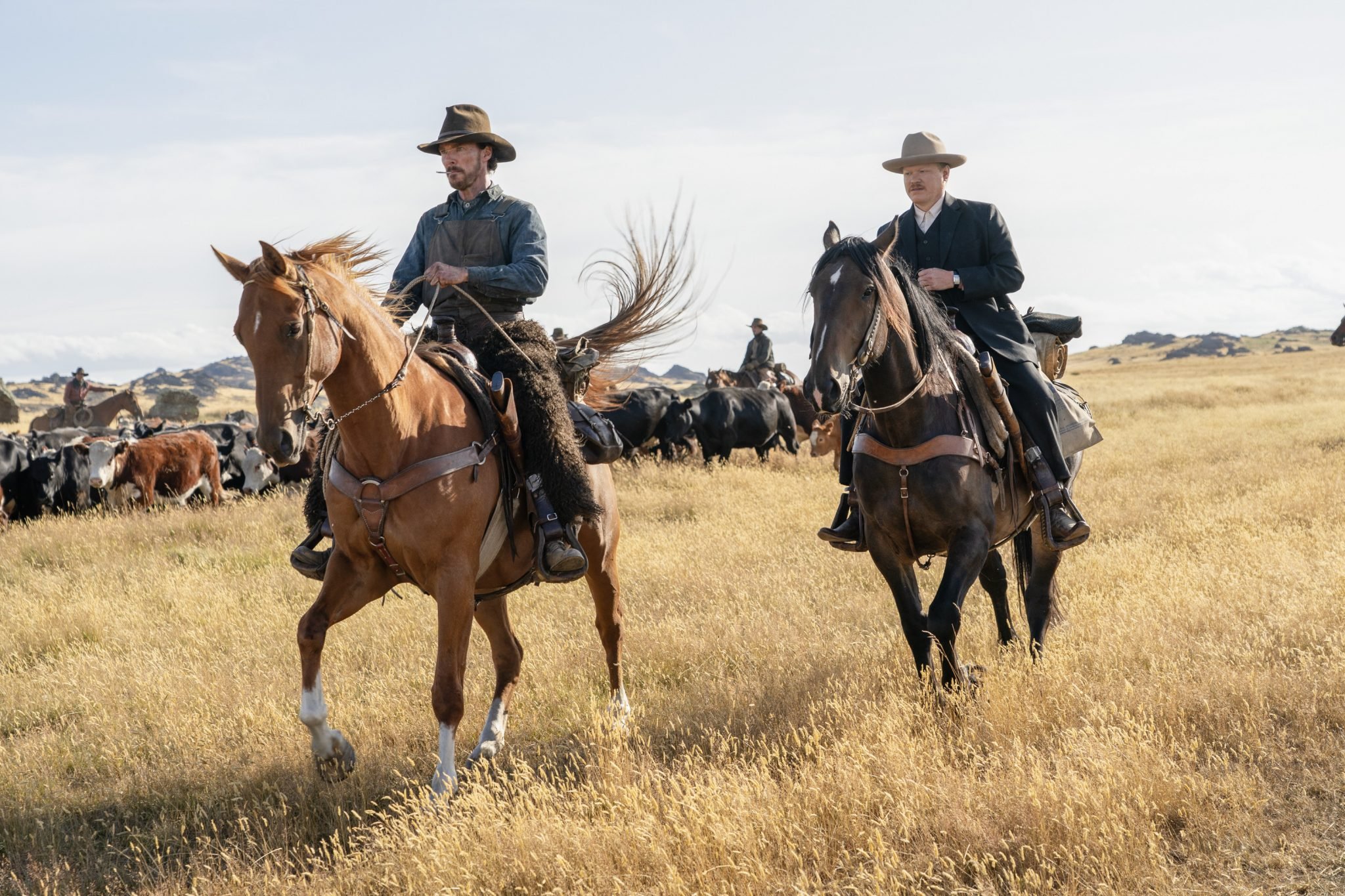



The brothers discuss how Avatar: Fire and Ash functions as a planetary romance, Cameron’s use of repetition, and the film’s themes and character development.